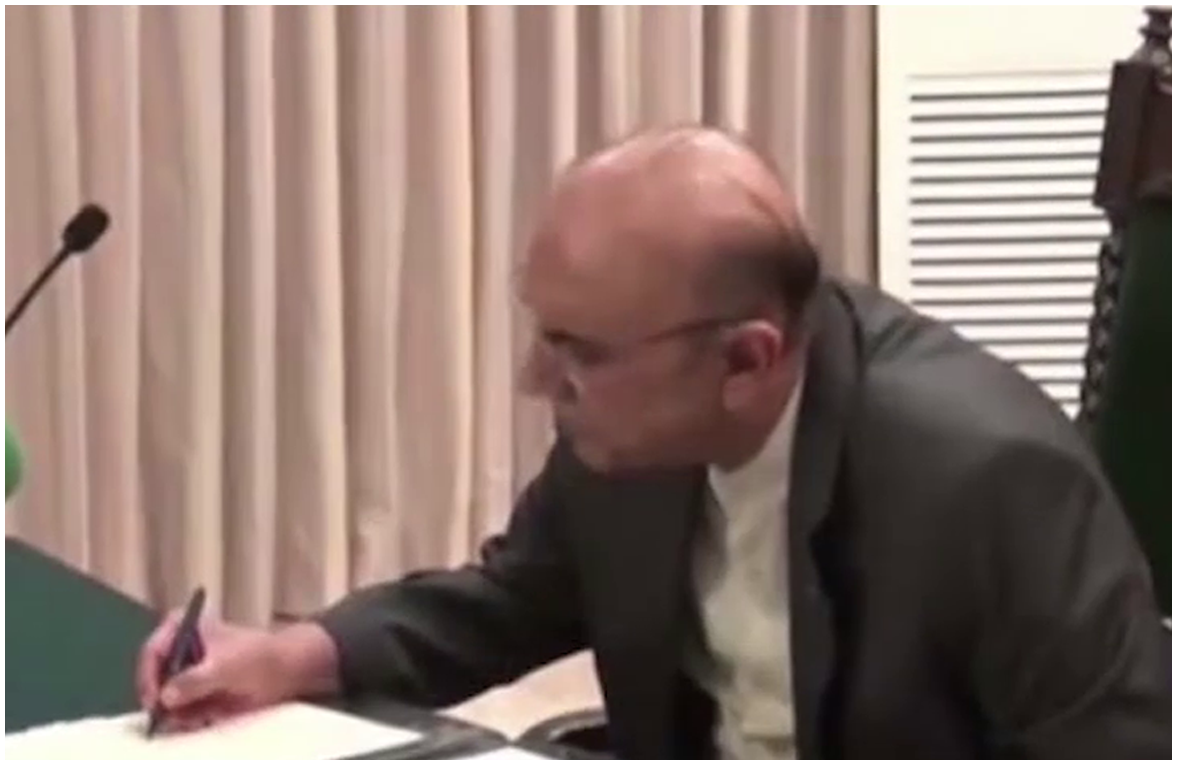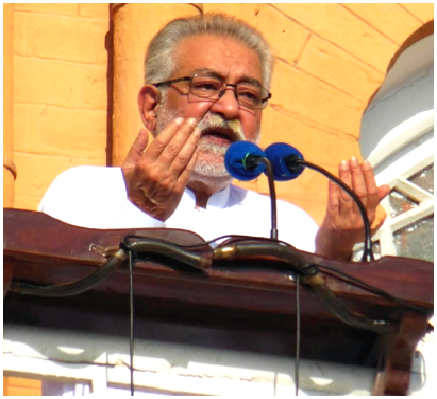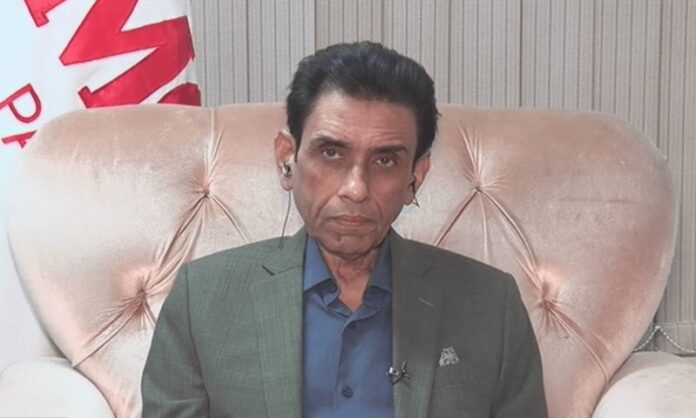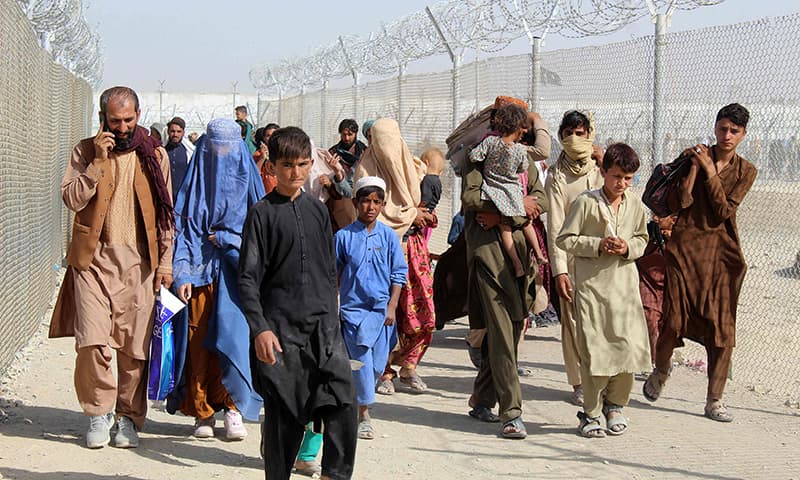POLITICS & POLICY MAKING
President Zardari Signs Societies Registration Act Amendment Bill 2024, Making Madrassa Registration Law

After a two-month delay, President Asif Zardari has officially signed the Societies Registration Act Amendment Bill 2024, which will regulate the registration of religious madrassas across Pakistan. The bill, passed by both the Senate and National Assembly in October 2024, received the President’s assent after certain amendments were made to address concerns regarding sectarianism and the scope of federal versus provincial jurisdiction.
Following the signing of the bill, a gazette notification was issued, marking the law’s official implementation. Under this law, religious madrassas will now register according to the Societies Act. Madrassas established before the bill’s implementation must complete their registration within six months, while newly established madrassas will have one year to comply. Madrassas with multiple campuses will only need one registration.
Key Provisions of the Bill:
- Annual Reporting & Auditing: Each madrassa will be required to submit an annual report of its activities to the Registrar and conduct a financial audit, submitting the report for review.
- Prohibition of Extremism: Madrassas are prohibited from publishing or teaching material that promotes extremism, religious hatred, or sectarianism.
- Scope of the Ordinance: While the bill applies nationwide, an ordinance has been issued that specifically applies to madrassas in Islamabad. Madrassas in the capital can now register with the Ministry of Education or under the Societies Act, depending on their preference.
Presidential Concerns and Resolution:
The bill faced delays after President Zardari expressed concerns over the federal government’s authority to legislate on madrassa registration, citing education as a provincial matter. He also raised fears about the potential spread of sectarianism through madrassa education. However, after consultations with political leaders, including Maulana Fazlur Rehman, the President agreed to sign the bill, incorporating changes to address these issues.
Impact on Madrassas:
This amendment is seen as a significant step in bringing religious education institutions under formal regulatory frameworks, ensuring greater accountability and transparency. The law’s provisions aim to align madrassas with national educational standards while preventing the spread of extremism within the educational sector.




